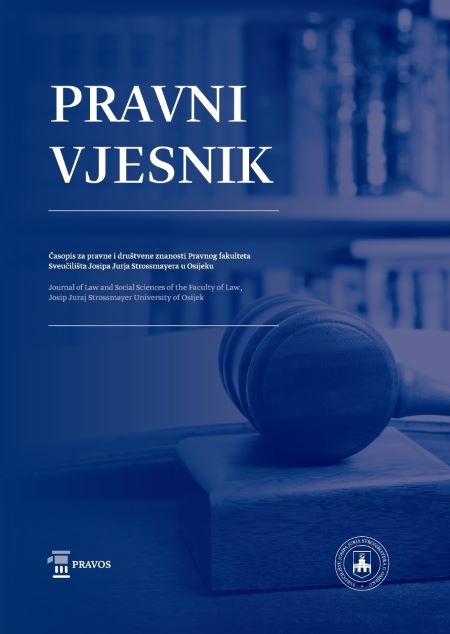CONSTITUTION REVISION MODELS
DOI:
https://doi.org/10.25234/pv/8608Keywords:
constitution, revision, models of consitution change, inhibition mechanisms of the constitution revisionAbstract
The paper deals with typing of the revision models of actual constitutions in the world, starting from the role and importance of the constitution’s revision subjects in the constitution’s revision process. Based on the established features of the constitutional rules on way and possibilities of revising the constitution, the author determines five basic revising constitution models: a) the parliamentary model, b) the referendum model, c) the parliamentary-referendum model, d) unipersonal model, and e) the combined or mixed model. Within the scope of these models, eight types and four subtypes of the revision of the constitution are differentiated. The parliamentary model is characterized by the decisive role of parliament with certain variations (five types) of this model. In the referendum model, the citizen’s expression is the primary characteristic. Constitutional changes cannot be made and no possibility of annulment of the results of the referendum can be determined without the consent of the citizens. The parliamentary-referendum is specific for approximately same importance of the decision of the parliament and the citizens, as none of these entities can independently decide on the changes. However, this model also has certain variations (types). The unipersonal model implies constitutional legal systems in which the changes of the constitution are decided by a unipersonal authority. The mixed model is particularly specific because of the possibility of making decisions by different bodies, independently. In addition, the paper provides an overview of the basic constitutional mechanisms of restricting and preventing the constitution change, such as a) the complexity of the procedure, b) the limitation of the initiation and submission of proposals, c) the quorum and the majority, d) the eternity clauses. In addition, the paper provides an overview of the basic constitutional mechanisms of restricting and preventing the constitution change, such as a) the complexity of the procedure, b) the limitation of the initiation and submission of proposals, c) the quorum and the majority, d) the eternity clauses.
Downloads
Published
Issue
Section
License
Copyright (c) 2020 Jasmin Hušić

This work is licensed under a Creative Commons Attribution-NonCommercial 4.0 International License.
Authors retain the copyright on the papers published in the Journal, but grant the right of first publication to the Journal. Papers accepted for publication or already published in Pravni vjesnik of the Faculty of Law in Osijek may be published by the author(s) in other publications only with proper notice of its previous publication in Pravni vjesnik.






